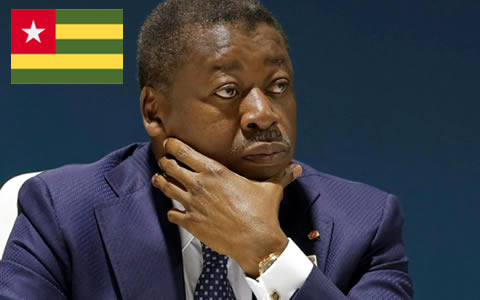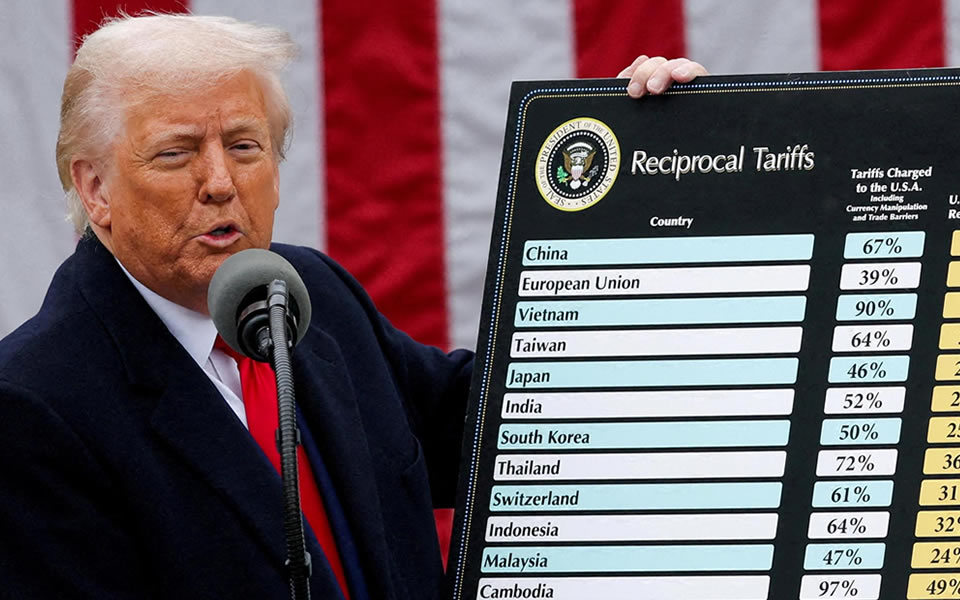
Growing Domestic Pressure to Address Domestic Insecurity in Nigeria
February 7, 2024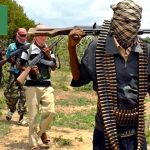
Bandits Attack Police & Abduct More than 40 in Northwestern Nigeria
February 13, 2024BURKINA FASO: DEPARTURE FROM ECOWAS & INCREASING ENGAGEMENT WITH RUSSIA, CHINA & IRAN
Burkina Faso Security Snapshot for January 2024
117
Security Incidents
-35.71%
393
Fatalities
-53.87%
14
Identified Security Actors
Most Active
- JNIM
- Burkina Faso Military
- VDP
Summary
In a turbulent start to 2024, Burkina Faso has been at the forefront of significant political and military shifts in the Sahel region. The month of January witnessed critical events such as the establishment of new rapid intervention battalions, indicative of Burkina Faso's intensified military strategy against growing insurgencies. However, the fabric of the nation's stability was tested with the emergence of a foiled coup attempt and internal military tensions, highlighted by the arrest of soldiers plotting against Captain Ibrahim Traoré's government. A pivotal geopolitical development was the collective withdrawal of Burkina Faso, Mali, and Niger from the ECOWAS bloc. This decision marks a clear divergence from traditional regional alliances and underlines a strategic drift towards non-Western powers, especially Russia. These developments are part of a broader narrative of challenges faced by the Sahel region, which is grappling with jihadist insurgencies, political upheavals, and economic distress. The shift in alliances and the evolving geopolitical landscape of the region have significant global implications, particularly in the context of combatting jihadist militancy.
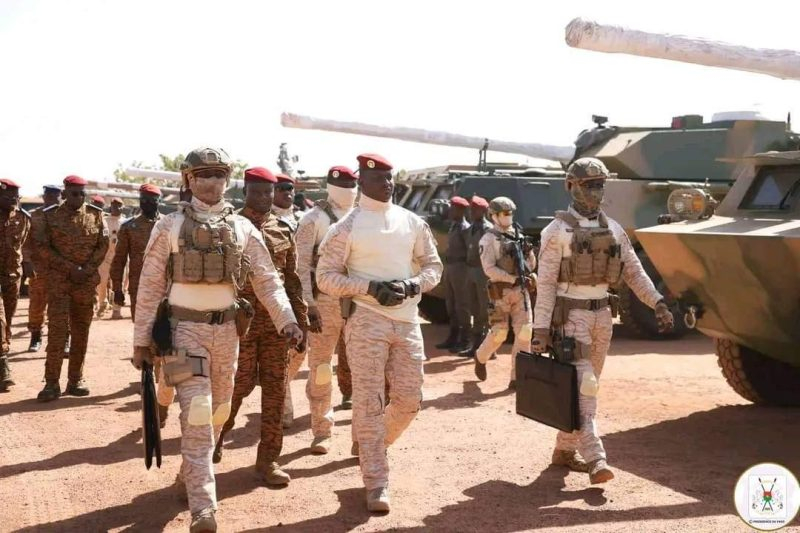
Captain Ibrahim Traoré inspects armoured vehicles & weapons provided by China.
Key Events in January 2024
5th January, 2024Creation of Rapid Intervention Battalions in Burkina Faso
This marks Burkina Faso's intensified efforts to combat the insurgency. The battalions' deployment in strategic locations signifies a proactive stance against insurgents.14th January 2024Foiled Coup Attempt in Burkina Faso
Demonstrates ongoing instability and power struggles within Burkina Faso’s military, revealing the fragility of the current regime.15th January, 2024Arrest of Soldiers in Alleged Plot Against Ibrahim Traoré
Highlights internal discord and the threat of continued political instability in Burkina Faso.26th January 2024Deployment of Russian Troops to Burkina Faso
Marks a significant shift in Burkina Faso’s external military alliances and a strengthening of Russia’s influence in the region.28th January 2024Withdrawal of Burkina Faso, Mali, and Niger from ECOWAS
A major geopolitical shift in the region, potentially weakening regional security and economic cooperation under ECOWAS.
Background
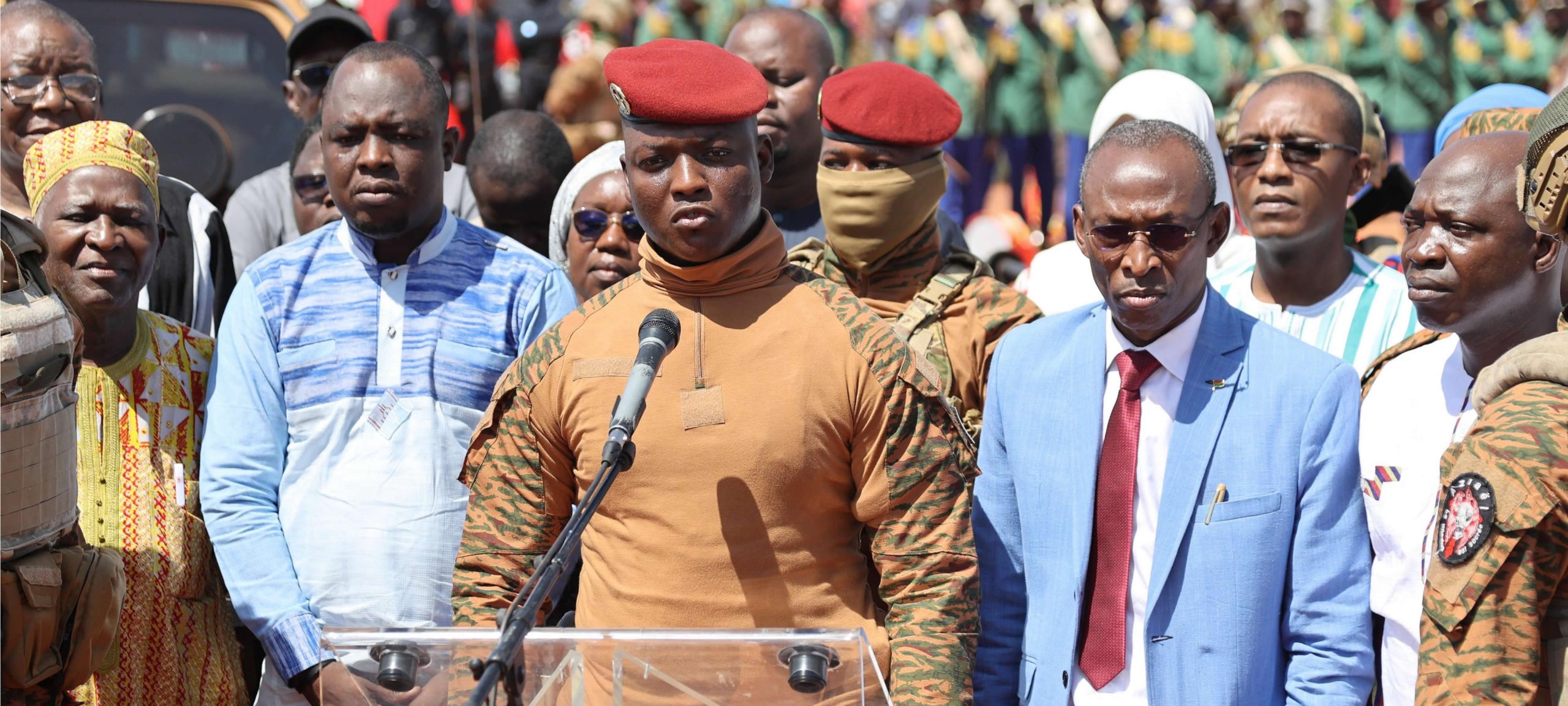
Despite recent coup attempts, Capt. Ibrahim Traoré continues to enjoy mass popularity among the Burkinabe military and civilian population.
Burkina Faso and its neighboring countries in the Sahel region continue to experience a period marked by escalating security challenges and significant geopolitical changes. This tumultuous landscape is shaped by several key factors:
- Jihadist Insurgency: The region has been a battleground for various jihadist groups, including those linked to Al-Qaeda and the Islamic State. These groups have conducted relentless attacks, destabilizing the region and causing widespread humanitarian crises. The insurgency has not only resulted in significant loss of life but has also led to the displacement of millions, exacerbating the already precarious human rights situation.
- Political Instability & Coups: The Sahel has witnessed a series of military coups and political upheavals, particularly in Burkina Faso, Mali, and Niger. These events reflect deep-seated governance issues and dissatisfaction among military factions and civilian populations. The frequent changes in government have led to a cycle of instability, impeding efforts to establish enduring democratic institutions.
- Economic Hardships & Climate Impact: The region faces severe economic challenges, further aggravated by climatic changes such as droughts and floods. These environmental factors have a direct impact on agriculture and livelihoods, exacerbating food insecurity and poverty. The economic strain has been a catalyst for social unrest and has also provided fertile ground for jihadist groups to recruit disenfranchised individuals.
- Geopolitical Shifts & Regional Dynamics: The recent withdrawal of Burkina Faso, Mali, and Niger from ECOWAS signifies a significant shift in the region's geopolitical stance. This move away from traditional Western alliances to partnerships with countries like Russia, China, and Iran indicates a strategic realignment. These new alliances are characterized by military support, economic aid, and political backing, contrasting with the conditional assistance often offered by Western countries.
Analysis
Burkina Faso's Escalating Conflict and Military Response
- Burkina Faso is intensifying its military operations to counter a severe insurgency, underscored by the establishment of rapid intervention battalions and a National Commando Training Center. These steps highlight a strategic shift towards bolstering counter-insurgency capabilities, signaling the government's proactive stance in addressing the security crisis.
- The succession of military coups, most recently under Captain Ibrahim Traoré, reflects ongoing power struggles and instability. The junta’s increased focus on combating insurgency contrasts with previous regimes, while its burgeoning ties with Russia, illustrated by military support and economic aid, mark a pivot away from traditional Western alliances.
Regional Dynamics and ECOWAS
- The departure of Burkina Faso, Mali, and Niger from ECOWAS represents a significant geopolitical shift, weakening the regional bloc's capacity for economic and security cooperation. This move reflects growing dissatisfaction with ECOWAS's approach to military regimes and their external alliances, potentially altering the regional balance of power.
Growing Influence of Non-Western Powers
- Russia's deployment of troops to Burkina Faso, along with China's provision of military equipment and Iran's expressed willingness to offer support, signals a strategic realignment. This growing influence of non-Western powers indicates a diversification of Burkina Faso's international relations and a potential shift in the regional power dynamic
- The increased presence of these powers in Burkina Faso and the broader Sahel region suggests an evolving geopolitical landscape, where traditional Western influence is being challenged and new strategic partnerships are emerging.
Internal Security & Attempted Coups
- Burkina Faso continues to grapple with internal security challenges, evidenced by the recent foiled coup attempts and arrests of military personnel. These incidents underscore the fragility of the current regime and the ongoing threat of political instability.
- The situation in Burkina Faso and the Sahel is marked by a blend of internal conflicts, evolving regional dynamics, and the influence of external powers. The region stands at a critical juncture, with the future political and security landscape hinging on these developments.
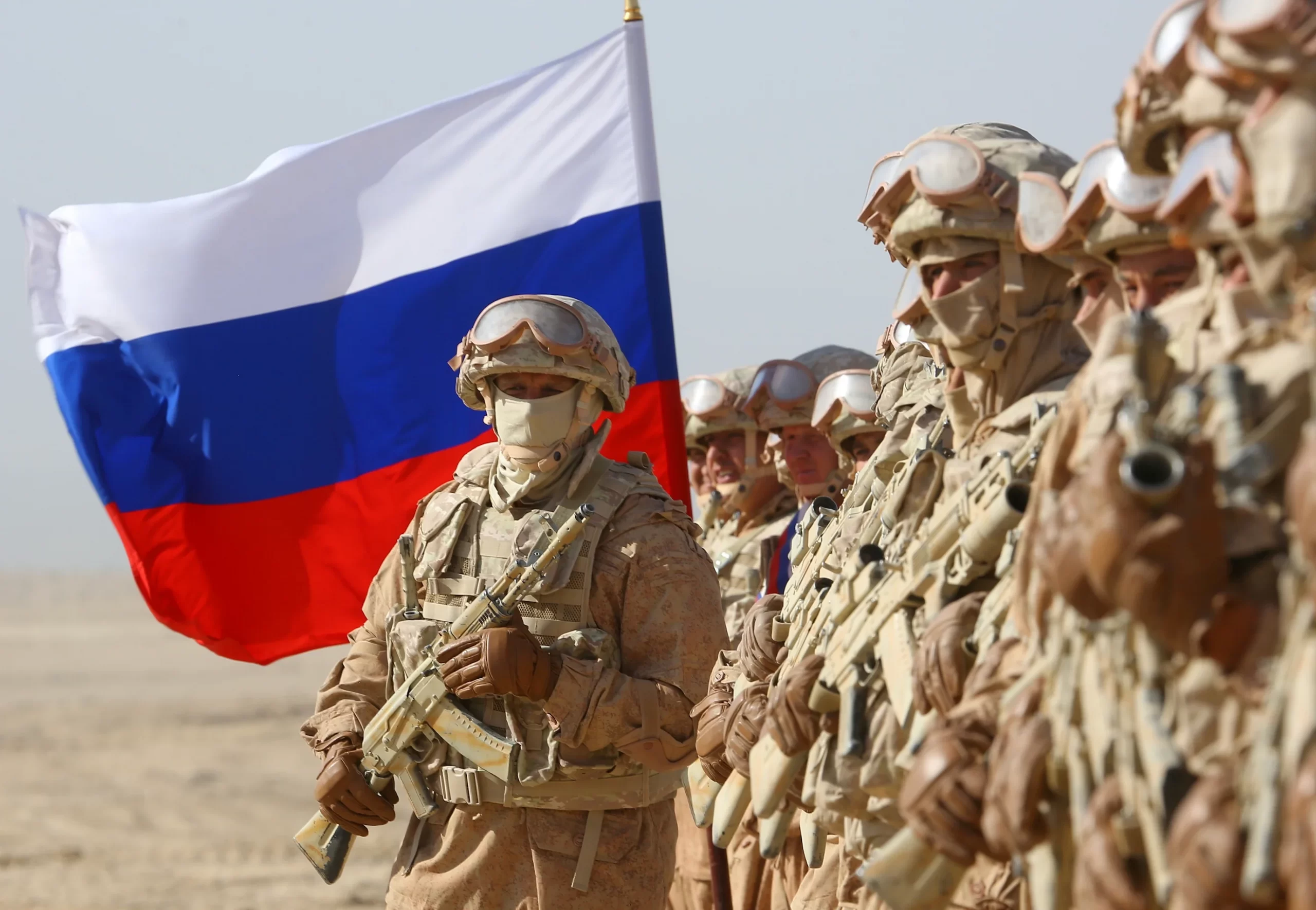
Moscow has sent at least 100 Russian troops to Burkina Faso to provide advise and technical assistance against in counter-insurgency efforts. More Russian troops are expected to arrive in the coming months.
Forecast
Continued Military Focus (Very Likely)
Burkina Faso is expected to maintain and possibly intensify its military operations against insurgent groups like JNIM.Increased Bilateral Engagements with Russia, China & Iran (Highly Likely)
The growing ties with Russia, including military cooperation, suggest a deeper Russian involvement in Burkina Faso's security and political affairs. Burkina Faso’s military government is also highly likely to also forge stronger ties with China and Iran over the medium term.Ongoing Political Instability (Likely)
The threat of further coup attempts and internal unrest remains a significant concern. This is likely to lead to a crackdown on factions within the military government deemed to be disloyal by Captain Traoré.Shift in Regional Security Dynamics (Very Likely)
Burkina Faso's departure from ECOWAS, along with Mali and Niger, will very likely lead to a realignment of regional alliances and strategies over the medium to long term, potentially diminishing the influence of traditional Western powers in the region while simultaneously increasing the presence of Russia, China and Iran within West Africa.


